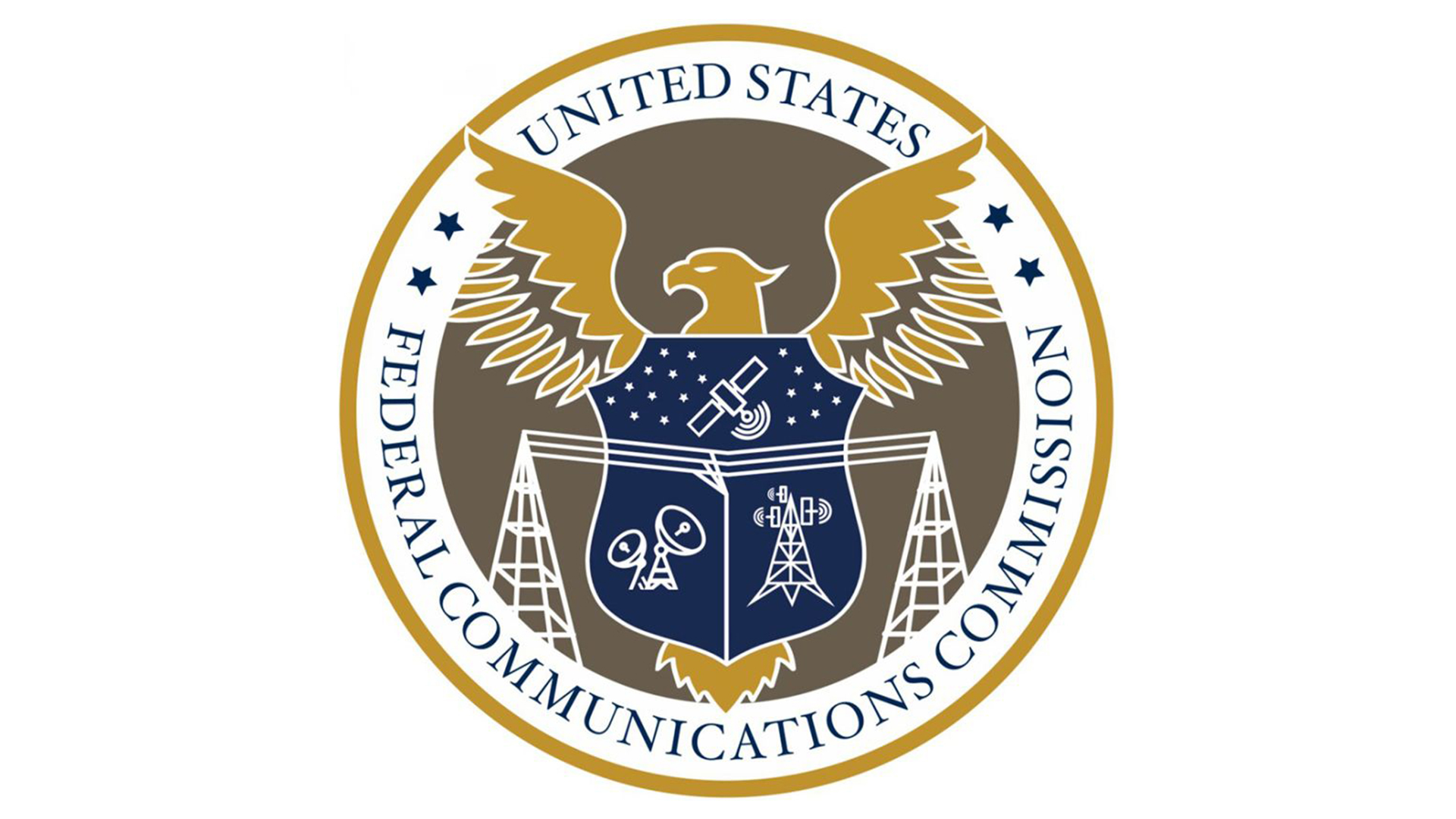Broadcasters Sue FCC Over Foreign Entity Program Lease Decision
Said due diligence requirements were 'arbitrary and capricious' surprise

The smarter way to stay on top of broadcasting and cable industry. Sign up below
You are now subscribed
Your newsletter sign-up was successful
Broadcasters are taking the Federal Communications Commission to U.S. court over its decision to boost disclosure requirements for foreign government-sponsored programming.
Filing the petition for review Friday (Aug. 13) with the U.S. Court of Appeals for the D.C. Circuit were the National Association of Broadcasters (NAB), the Multicultural Media, Telecom and Internet Council (MMTC) and the National Association of Black Owned Broadcasters (NABOB).
Also Read: FCC to Vote on Foreign Programming Disclosure Rules
The FCC voted unanimously in April to boost broadcasters’ disclosure requirements for programming on airtime leased by a foreign entity. The move came amidst heightened focus on disinformation campaigns and despite pushback from broadcasters, who argue the FCC is adding regulations to an already overregulated service.
Calling that decision arbitrary and capricious, the petition says the FCC “had no legal or rational basis for imposing investigative burdens on every single lease, for any amount of airtime, entered into by thousands of local radio and television stations.”
Broadcasters also said that the FCC did not ask a single question about leased time in its notice of proposed rulemaking seeking comment on the changes, “and thus gave no notice that leases were the focus of its proceeding.” The result, they said, was that the FCC made the decision without any information on the actual impact of the new due-diligence requirements.
Per the rule change, broadcasters are required both to provide clear and uniform disclosures at “reasonable intervals” when airing leased content sponsored by a foreign government, but also take a number of steps to determine if leased airtime is being used for such programming. It also requires broadcasters to place copies of their disclosures in their public files.
The smarter way to stay on top of broadcasting and cable industry. Sign up below
The rules require “a specific disclosure at the time of broadcast if a foreign governmental entity has paid a radio or television station, directly or indirectly, to air material, or if the programming was provided to the station free of charge by such an entity as an inducement to broadcast the material.”
NAB general counsel Rick Kaplan has said broadcasters supported the goal of helping the public better understand when they are listening to programming sponsored by a foreign government, but that only a handful of such cases exist — as opposed to on satellite TV, for example, or online — and there aren‘t enough to justify “yet more asymmetric regulation.” Translation: Broadcasters already face ownership and programming regulations that don't apply to their competitors.
Contributing editor John Eggerton has been an editor and/or writer on media regulation, legislation and policy for over four decades, including covering the FCC, FTC, Congress, the major media trade associations, and the federal courts. In addition to Multichannel News and Broadcasting + Cable, his work has appeared in Radio World, TV Technology, TV Fax, This Week in Consumer Electronics, Variety and the Encyclopedia Britannica.

